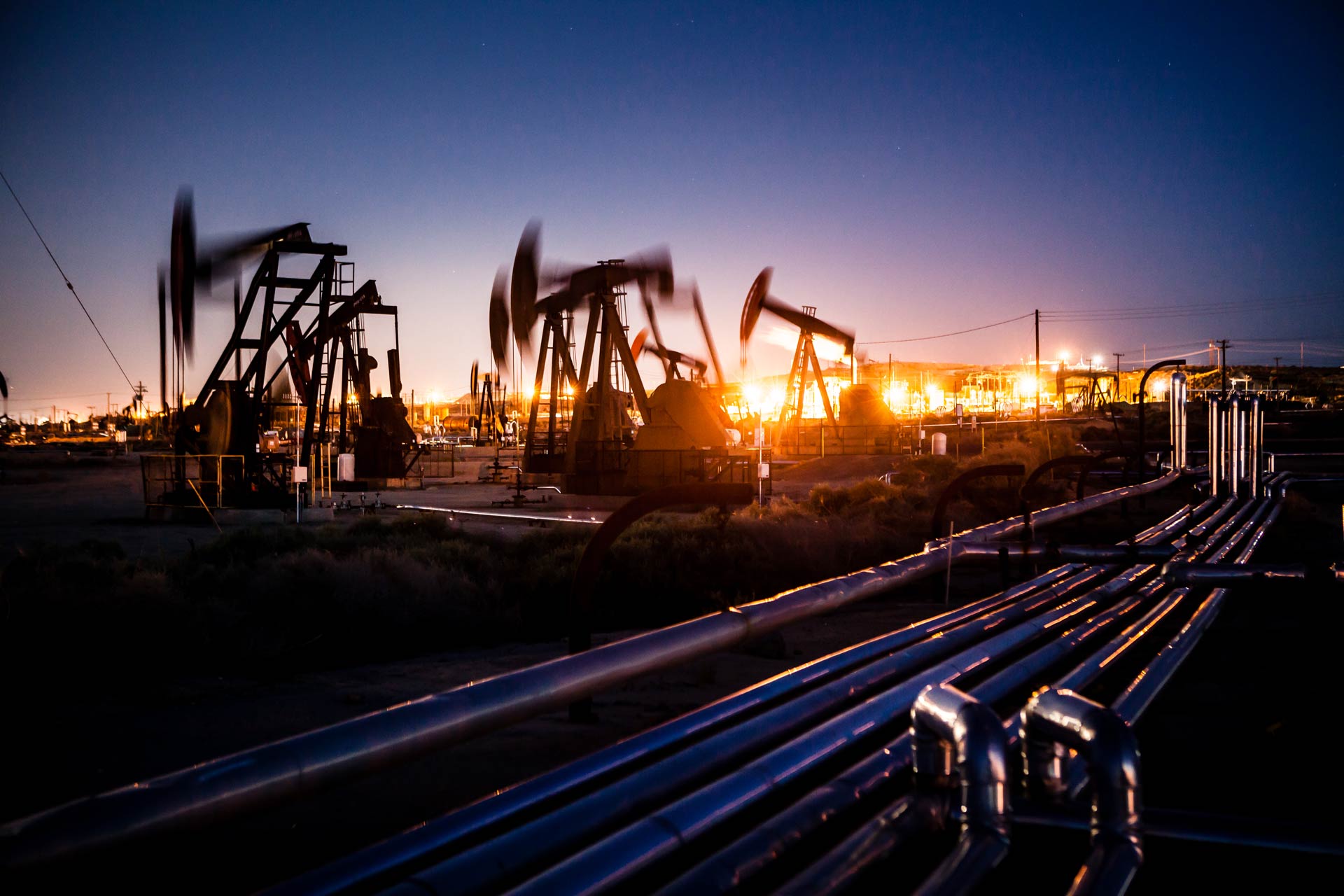GTC 2019
WLPGA Global Technology Conference (GTC2019)
Increasing Global Market Opportunities for LPG


GTC Innovation Award
PlasMerica, an American company focused on transforming methane into renewable propane, won the prestigious 2019 Innovation Award at GTC2019 in Amsterdam. The winning paper, ‘Sustainable, renewable propane through energy transformation’ described how this proprietary technology converts methane from a greenhouse gas into renewable LPG, a clean, environmentally sound non-greenhouse gas that helps address climate change.
A total of five awards were given, with the awards in the other categories as below:
- Safety: Ineris for ‘Numerical Simulation and Modelling of Bleve Triggering on a Road Tanker’
- LPG Applications: Aggreko for ‘Change through Innovation: The Role of Technology in Encouraging the Use of LPG in Modular Power Generation’
- LPG Operations & Logistics: Smart Cylinders for ‘Improving Logistics and Resource Efficiency by Use of IoT’
- Autogas – Engines: Cummins Inc for ‘LPG Direct Injection Engine for Medium Duty Trucks”
Read the Press Release here.
Discover the selected abstracts 2019 for the 32nd World LPG Forum & 2019 European Congress
SUSTAINABLE, RENEWABLE PROPANE THROUGH ENERGY TRANSFORMATION
This paper describes the process of converting methane to LPG, propane, and bio-methane to bio-LPG. Through proper propagation control, the economic value can be maximised to offer a process that breaks through the historical value add limitations.
Mr Dennis Manning, PlasMerica, United States
LPG DIRECT INJECTION ENGINE FOR MEDIUM DUTY TRUCKS
Mr Saradhi Rengarajan, Cummins Inc, United States
INTRODUCTION OF DIRECTBLUE BY VIALLE
The DirectBlue system is specifically developed for direct injection petrol engines. Engine performance and drivability is maintained. The technology allows smooth switching between petrol and Autogas.
Mr Jordy Vrugt, Vialle Autogas Systems B.V., The Netherlands
GAME CHANGING OPPORTUNITIES FOR RENEWABLE DME & LPG BLENDING
A game changing approach for the LPG industry is the possibility to include renewable DME (rDME) into the mix. rDME uses waste feedstocks such as agricultural residues, manure and municipal waste which are widely available. A consortium, including California based Oberon Fuels and SHV Energy, is exploring the potential for rDME & LPG blending in transport.
Ms Rebecca Groen, SHV Energy (on behalf of the International DME Association & Oberon Fuels), The Netherlands
IMPROVING LOGISTICS AND RESOURCE EFFICIENCY BY USE OF IOT
A revolutionary new sensor and IT-system, which together eliminates current replacement inefficiencies, constantly monitors and analyses weight data from the cylinders. The net effects are reduced logistic costs for gas distributors, and reduced stress and fear for interrupted supply for end-customers.
Mr Tormod Haugland, Smart Cylinders AS, Norway
AGILE AND LOW-EMISSION LPG POWER GENERATION FOR A LOW CARBON WORLD
Mr Andrej Borgmastars, Wärtsilä Finland Oy, Energy Solutions, Finland
A UNIVERSAL REGISTER FOR DATA-DRIVEN LPG MEASUREMENT
Mr Chuck Strawn, Read Seal Measurement, United States
HEATING UP SOIL TECHNOLOGY WITH LPG, DOWN TO 30 CM DEEP
The technology is patented, and equipped with advanced software, including an AI system that makes machines learning from each other.
Mr Hans Kristian Westrum, Soil Steam International AS, Norway
CHANGE THROUGH INNOVATION: THE ROLE OF TECHNOLOGY IN ENCOURAGING THE LPG USE IN MODULAR POWER GENERATION
This fits with the global energy transition with lower emissions, lower cost of power, capex free, enables decentralisation of power.
Mr Noreen Howat, Aggreko, United Kingdom
NUMERICAL SIMULATION AND MODELING OF BLEVE TRIGGERING DURING THE BOLOGNA ACCIDENT
Mr Etienne Catry, Ineris, France